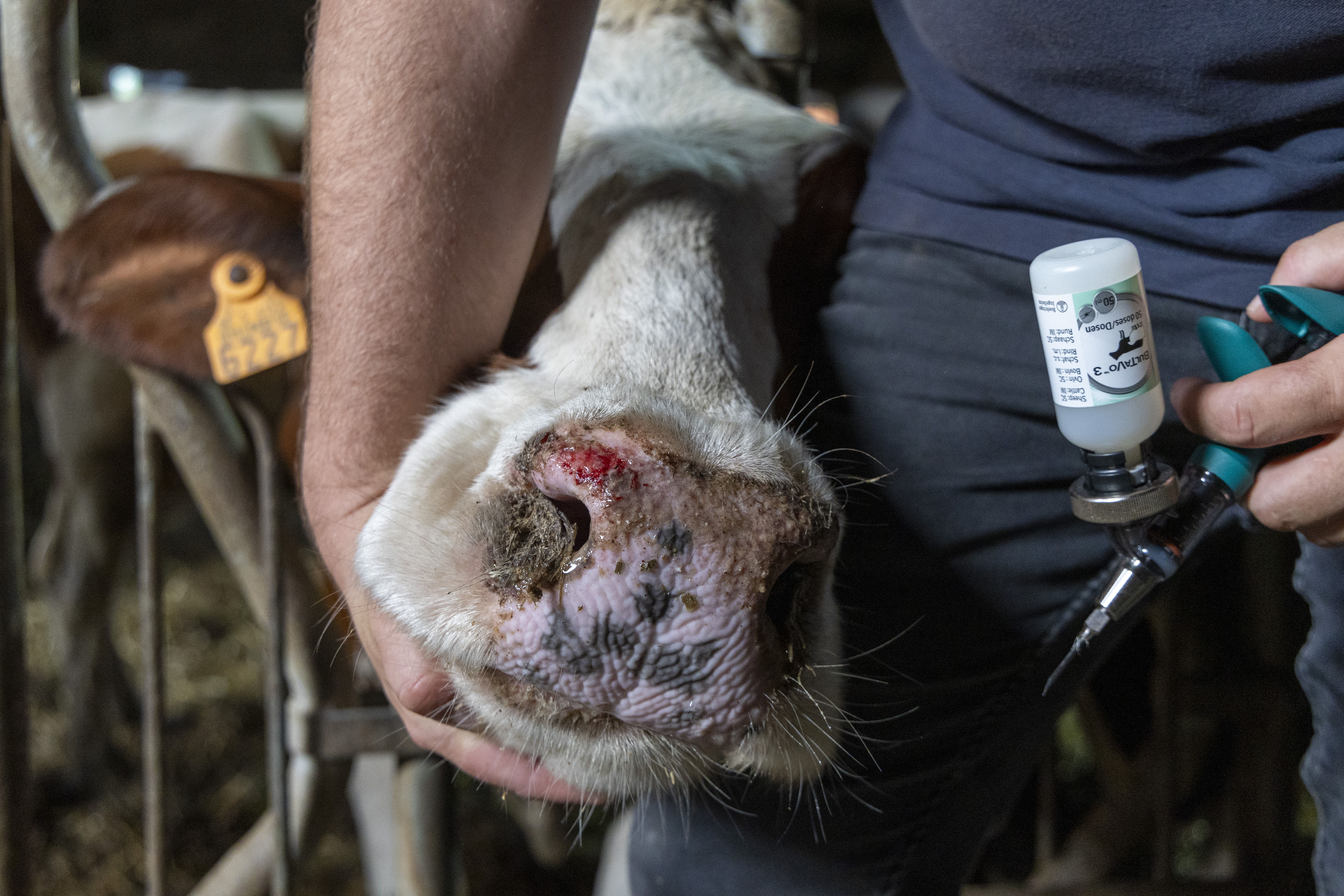More than 1,000 outbreaks of bluetongue virus in Belgium

The bluetongue virus has been detected at 1,192 sites in Belgium, new figures from the Federal Agency for the Safety of the Food Chain (FASFC) showed on Monday. The virus is now also affecting companion animals such as alpacas.
The bluetongue virus is spreading quickly in Belgium. On Monday, the FASFC announced that 1,192 outbreaks had been detected in Belgium, up from 874 last week. The outbreak hotspot was originally in the provinces of Antwerp, Liège and Limburg, which currently have 200, 171 and 156 outbreaks respectively.
East Flanders is now also affected, with 191 outbreaks. Flemish Brabant and West Flanders are also affected, with 137 and 55 outbreaks respectively. There are 103 outbreaks in Namur, 77 in Hainaut, 67 in Luxembourg and 34 in Walloon Brabant.
Vaccination recommended
The virus has mainly affected sheep and cattle but is now also infecting more companion animals, such as goats and alpacas. Belgium has only about 1,500 alpacas, compared to more than 120,000 sheep. The FASFC strongly recommends that animals be vaccinated.
Bluetongue is only dangerous to animals. The virus causes a blue tongue, high fever and swelling in cattle. The virus is transmitted by the bite of very small mosquitoes. Sheep in particular become very sick and can die. In goats and cattle, the disease is often less severe.
Belgium was free of bluetongue for a long time, but in October 2023 an outbreak was detected on a small sheep farm in Merksplas, Antwerp province. Before that, it was clear that the virus was spreading rapidly in the Netherlands, and now France has also been affected. Bluetongue is not dangerous to humans.
A vet administers a dose of Bultavo 3 vaccine to a cow © BELGA PHOTO NICOLAS MAETERLINCK
Related news

